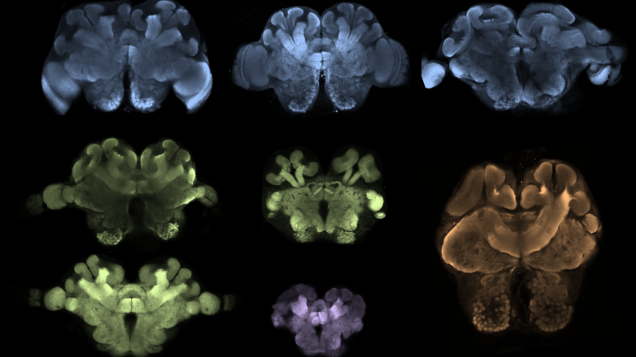 Social Insect Behavioral Ecology and Evolutionary Neurobiology
Social Insect Behavioral Ecology and Evolutionary Neurobiology
The transition from solitary existence to living in a society – accompanied by significant behavioral, morphological, neurobiological, and physiological adaptations – was one of the most important events in the history of life. Research in the Traniello laboratory explores how the complexity of animal societies – reflected in division of labor and collective action – influence brain evolution. We use social insects, primarily ants, as models. We study behavior, macroscopic and synaptic neuroanatomy, neurochemistry, metabolism, and gene expression in diverse ant species in ecological and phylogenetic contexts to understand the impact of sociality on brain evolution. Our methods encompass behavioral analysis, immunohistochemistry, confocal microscopy, computational neuroimaging, graphical modeling, high-performance liquid chromatography, pharmacology, respirometry, and transcriptomics. Our research integrates sociobiology, neurobiology, physiology, and ecology to discover the selective forces associated with brain evolution in ants, and how the neural architecture of the brain meets demands for processing social information for individuals and societies.
